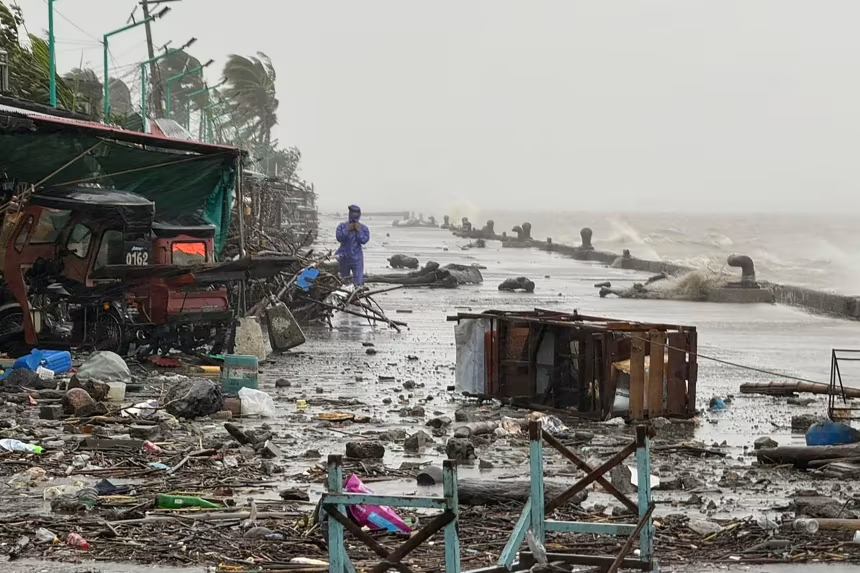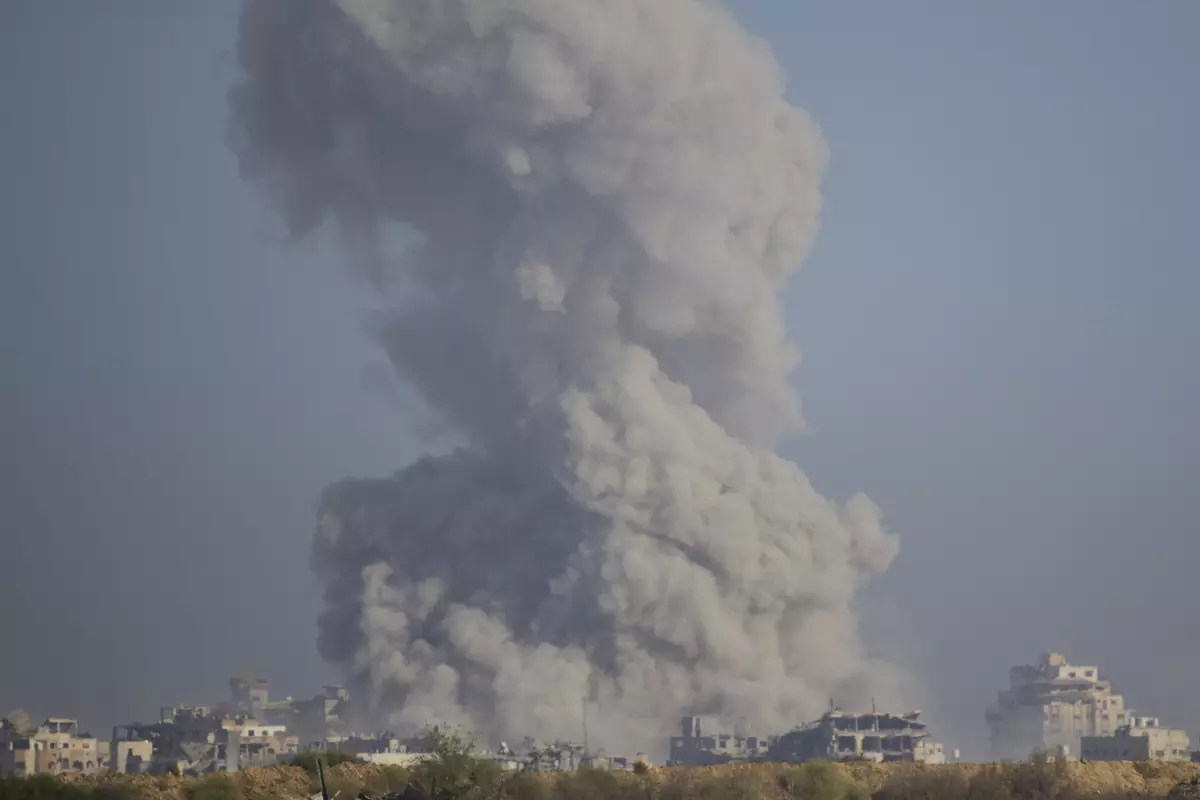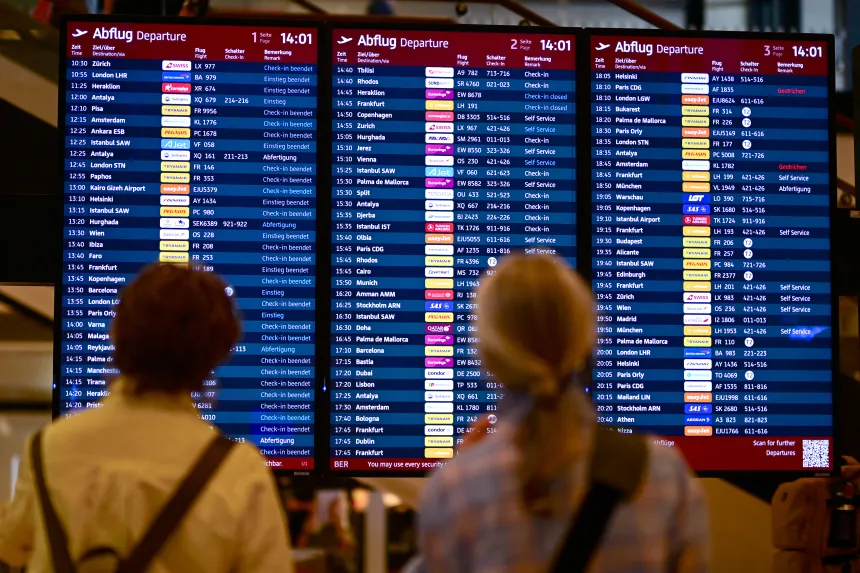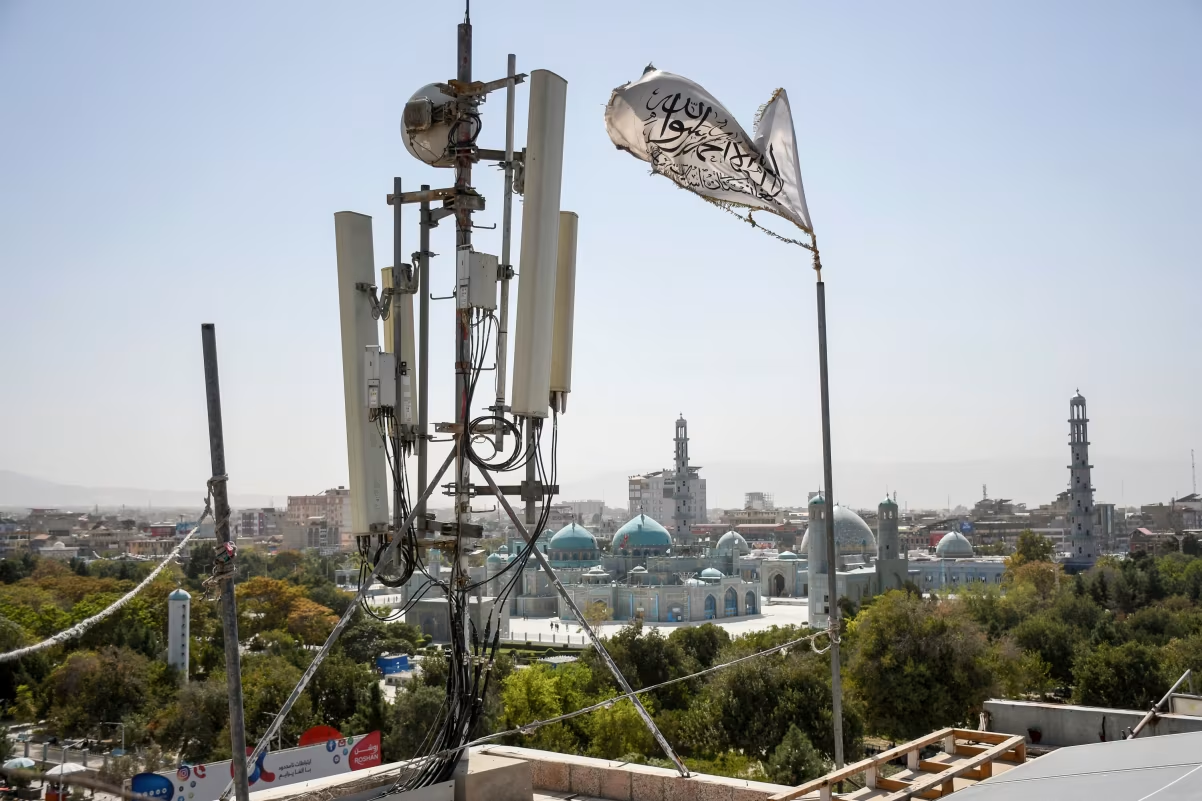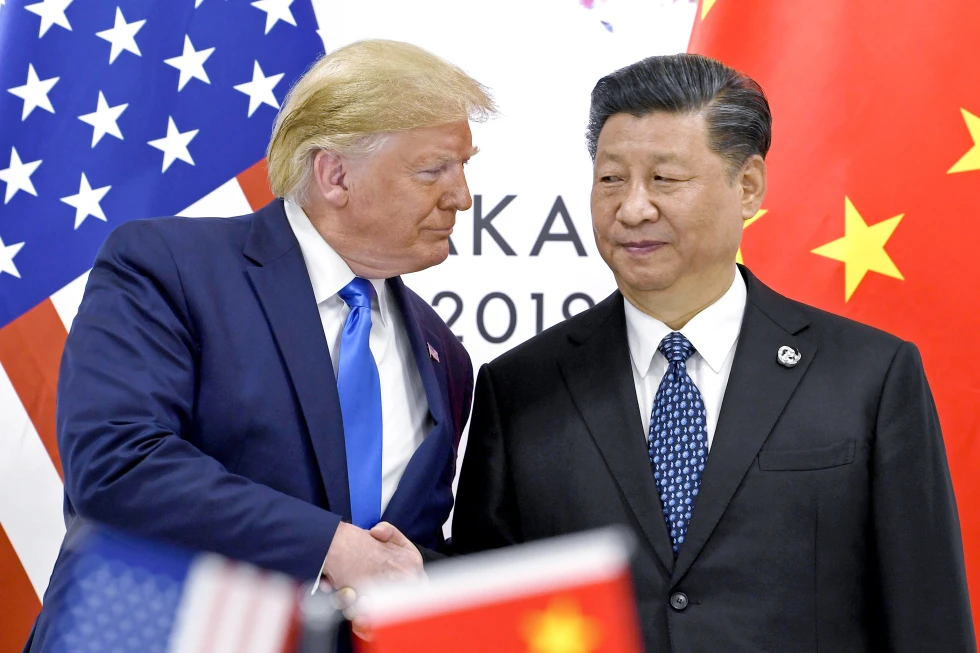Pakistan has given its military the green light to carry out retaliatory strikes against India following overnight missile attacks by the Indian Air Force that killed 31 people. The escalation has sparked international fears of a broader conflict between the two nuclear-armed nations.
In a sharply worded statement, Pakistan accused India of “setting the region ablaze” after strikes on nine sites in Pakistan-administered Kashmir and Punjab province early Wednesday. India claimed the strikes were in response to last month’s deadly attack in Indian-administered Kashmir, where militants killed 25 Hindu tourists and their guide. India has long accused Pakistan of supporting Islamist militant groups behind such attacks.
Speaking to The Guardian in Islamabad, Pakistan’s Deputy Prime Minister and Foreign Minister Ishaq Dar said Pakistan is prepared to defend its sovereignty at any cost. “We reserve the right to authorize our armed forces to respond appropriately—our response will be measured and responsible,” he said. Dar did not specify a timeline for retaliation, noting that decisions would be made in consultation with Army Chief Gen Asim Munir and the coalition government.
Dar emphasized that Pakistan had shown “maximum restraint” despite India’s accusations and attacks. “War brings huge economic losses, but when sovereignty and national dignity are at stake, no price is too high,” he added.
Frustrated with the global community’s muted response, Dar criticized the lack of international action, particularly regarding Pakistan’s calls for an independent investigation into the Kashmir attacks. He noted that while previous US administrations were proactive in defusing India-Pakistan tensions, the Trump administration has taken a more hands-off approach. “Any conflict will inevitably have international repercussions,” Dar warned.
India described its missile strikes as “proportionate and non-escalatory,” claiming they targeted terrorist training camps of Lashkar-e-Taiba and Jaish-e-Mohammed—groups blamed for multiple deadly attacks in India. “We targeted those responsible for killing our innocents,” said India’s Defense Minister Rajnath Singh.
Pakistan, however, denied the presence of any terrorist infrastructure in the targeted areas, calling India’s attack “unprovoked and unjustified.” Prime Minister Shehbaz Sharif labeled the strikes a “blatant act of war” and confirmed that the military had been authorized to respond “at a time, place, and manner of its choosing.”
For the first time since the 1971 India-Pakistan war, Indian missiles struck deep into Punjab province, killing at least 16 people and damaging a mosque near Bahawalpur.
Cross-border shelling continued throughout Wednesday, killing at least 12 civilians on the Indian side and five in Pakistan. Dozens more were injured, and thousands of residents near the Line of Control fled their homes to escape relentless artillery fire.
Global leaders, including those from the US, UK, China, Iran, and UAE, have called for an immediate de-escalation. UK Prime Minister Keir Starmer said his government was working urgently with both sides to encourage dialogue and protect civilians, while Donald Trump urged both nations to halt the fighting.
With tensions at their highest in years, residents on both sides of the border described scenes of terror and devastation, bracing for what could be a protracted and dangerous standoff.





